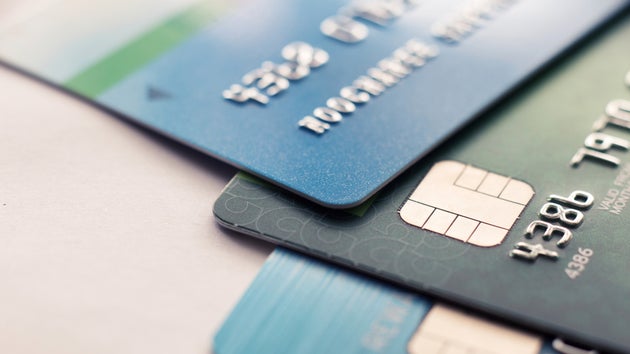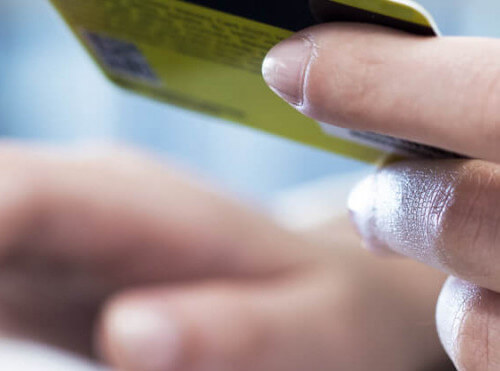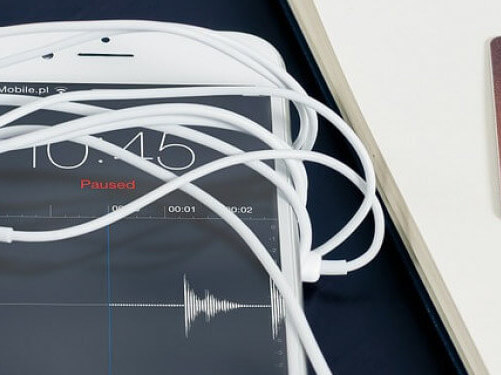Table of Contents
The three most important points at a glance:
A child credit card and a junior custody account can effectively be managed by both legal guardians even after a divorce, depending on the custody arrangement.
Single parents with custody should take thoughtful control of their children's financial accounts.
Child support can go directly into a junior deposit account or a children's credit card to secure the children's assets.
Children's credit card and junior custody account after divorce: tips for single parents!
When a marriage or partnership breaks down, the focus should not only be on the emotional well-being of the children - but also on their financial security.
As a separated parent, it is important not to ignore the financial aspect so that each child can still grow up securely. A lot depends on whether you have sole custody of your child or share custody with the other parent.
The maintenance paid by the other parent also plays an important role in financial planning. This can flow directly into a Junior Depot to build up your child's assets in the long term.
We explain what you should bear in mind in both cases!
Children's credit card: flexible and secure use after divorce
When it comes to everyday expenses, a children's credit card is a great way to teach your child financial independence. But what happens if you have control of this card after a divorce?
Applying for a children's credit card after divorce: If you have sole custody, you can also apply for a children's credit card for your child on your own. This is an easy way to teach your child financial responsibility while you retain oversight of all spending.
Organise children's credit card after divorce: If custody is shared, you will need to agree with the other parent on how the card should be managed and which account should remain linked to the card. Clear communication and written agreements are key here to avoid misunderstandings.
Card procedure: If you have sole custody, you can also determine the procedure and use of the card without restriction. In the case of shared custody, both parents should regularly check the expenditure and make clear agreements on the use of the card. It is helpful to contact the respective provider in this regard.
Managing the Junior Depot after divorce
In addition to a children's credit card, the Junior Depot plays a major role when it comes to organising your children's assets in the long term.
After a divorce, it is particularly important to clarify who will take over the management of the custody account. This depends on whether you have sole custody or share custody.
In addition, the maintenance that you or the other parent pay can flow directly into your child's Junior Custody Account and thus be effectively invested for the future.
Applying for a Junior Depot after divorce: Junior Depot providers usually require the identity and consent of both parents. Consent is only waived if there is corresponding proof of sole custody. It is worth asking your chosen provider if you have any problems.
Managing junior custody accounts after divorce: If you have sole custody, the management of the Junior Depot is entirely in your hands. You can decide which investments are made and how the assets are built up over the long term. If custody is shared, both parents should develop a joint strategy to ensure that the custody account serves the interests of the child.
Planning the junior custody account correctly after divorce: It can be particularly sensible to invest child maintenance directly in the junior custody account in order to increase the money in the long term.
However, the following applies in principle: If the custody account was opened in the child's name, the money is still only due to the child and may not be used for personal purposes. If, for example, the child's tax-free allowance is used, this can be regarded as attempted tax evasion!
Which junior depot and children's credit card is right for you?
Here are some examples of junior deposit accounts and children's credit cards that can help you make the best decisions for your children's future, depending on your custody arrangements.
Firstly, our children's credit card recommendations:
| Bank | Monthly fee | Card type | Special features |
|---|---|---|---|
| bunq | €2,99 | Prepaid | 24/7 customer support, bank account with German IBAN, no interest or annual fees |
| DKB | €0,00 | Debit | From 0 years, online application possible, free payment and withdrawal abroad if € 700 per month is received, plus current account for children |
| Revolut | €7.99 (with Premium subscription), otherwise €2.99 | Debit | Withdraw €2000/month in cash free of charge, travel insurance integrated in the Premium subscription, personalise your card |
We have already checked the following junior accounts for you and found them to be good:
| Bank | Deposit fee | Minimum deposit | Special features |
|---|---|---|---|
| DKB | 0,00 € | 25,00 € | Fast and digital opening process, promotional conditions for ETFs and funds, second largest bank in Germany |
| Deutsche Bank Maxblue | 0,00 € | 25,00 € | Savings rate can be adjusted at any time, over 870 funds, ETFs, ETCs and shares to choose from, regular promotions and discounts |
| Scalable Capital | 0,75 % Verwaltungsgebühr im Jahr | 10 € | Profit through compound interest, large selection of different investment strategies, no minimum age and no minimum term |
Conclusion: Protecting children financially in the event of a divorce
Managing children's credit cards and junior custody accounts after a divorce may seem challenging at first, but with the right planning and clear communication, you can ensure that your children's financial future is secure.
Bear in mind that custody is crucial to who has control over the accounts and deposits. Also bear in mind that child maintenance can be an important factor in further securing your child's financial future if it is specifically invested in a junior custody account or a children's credit card.
Take advantage of the options available to you and secure your children's future.
Discover more children's credit cards and junior deposits in comparison!
Sources:










